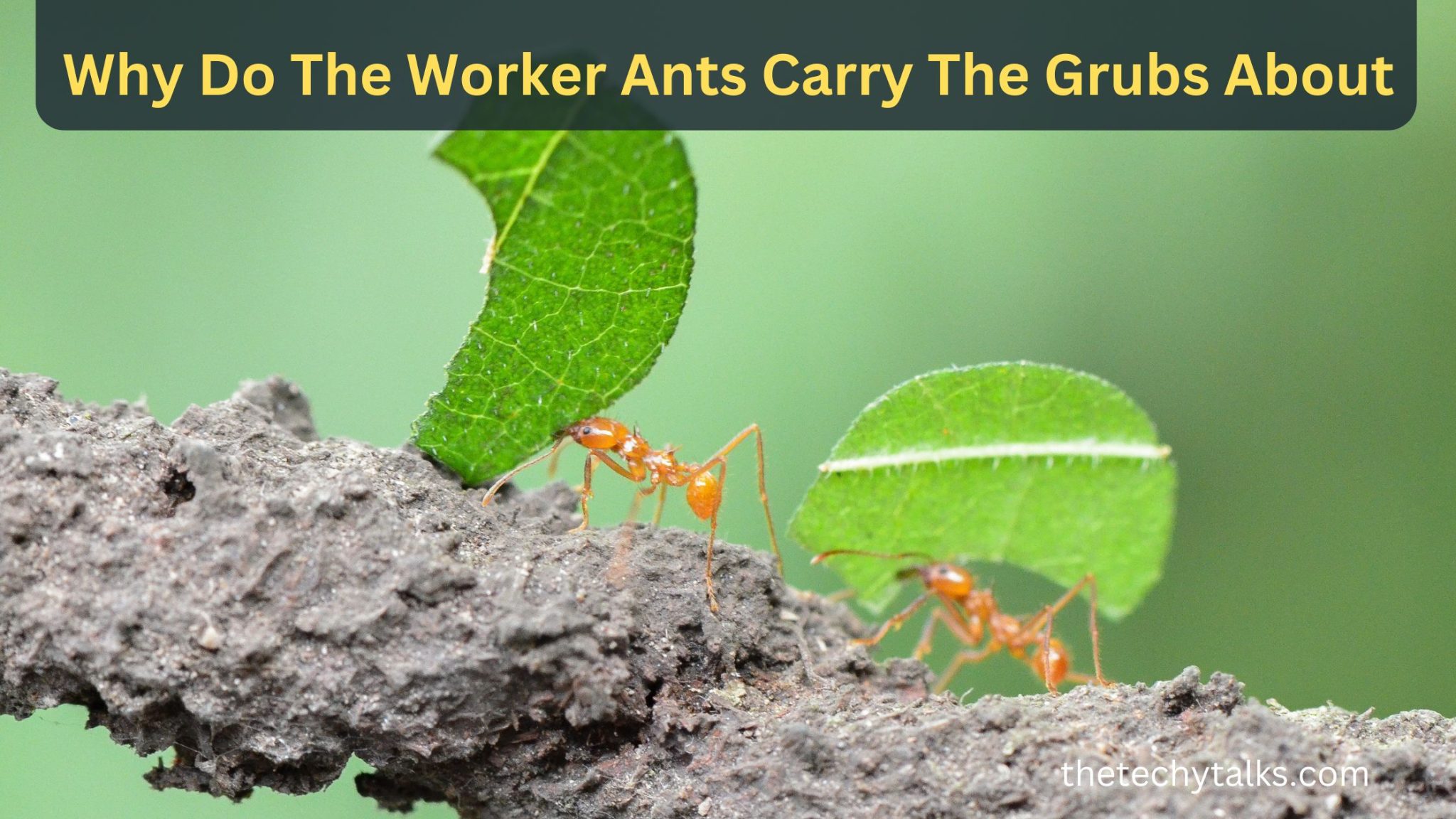
Best Hotels Near RGA Tech Park Bangalore
Dec 24, 2024

I always seek frequently seek powerful individuals for guidance on how to become better. I am eager to find out the keys to their success. I tended to neglect, however, the fact that sometimes life's most important lessons come from those who are closest to us. Now that is a lesson worth keeping in mind!
For instance, consider ants. Would you have thought that those tiny creatures could teach us how to lead better lives?
They do not appear to be extraordinary in any way! You frequently see them in and around your home. What lessons can I learn from an ant, one might ask.
You would be shocked to learn how much we can learn from these tiny ants if we just pay a little more attention to them.
Here I Will Discuss Some Amazing Facts With You About Ants:
The colony's founder, the queen, holds the responsibility for the procedure of egg production. All worker ants are female, and this sisterhood is what ensures that the colony runs smoothly.
Their duties include taking care of the queen and the young, foraging, keeping the peace during disputes within the colony, and disposing of garbage. Most likely, workers will never have children of their own. The majority of eggs grow into workers, but after the colony is prepared, the queen creates the subsequent reproductive generation, which will later establish new colonies.
Diet, not heredity, mostly determines whether a female ant becomes a worker or a queen. Any female ant larva has the potential to become the queen; those who do are fed a diet higher in protein. Less protein is consumed by the other larvae, which causes them to become workers.
When I was little, I observed ants, but I did not always pay them due attention. Who lives there? In their cosy residences known as "nests" or "anthills." Each one contains countless tiny rooms and corridors. The queen ant deposits her eggs in a few of these spaces. An ant's larva is known as a grub. To these grubs, each worker ant has a specific function to play.
Even the worker ants transport these larvae. Why do the worker ants move about with the grubs? We did say that every ant contributes to their civilization, after all. Guarding the grubs are soldier ants. They are fed, cleaned, and carried daily for fresh air, exercise, and sunlight by workers. Grubs change into cocoons two or three weeks later and lie motionless for an additional three weeks. Perfect ants then emerge as the cocoons begin to break. The time has come for instruction and training. Older ants teach younger ants how to perform their jobs as labourers, soldiers, constructors, cleaners, etc. The little ants have trained for a few weeks and are now prepared to enter the great working world!
You read that accurately, I assure you! Ants are absurdly powerful. They can lift anything from ten to fifty times their weight! Species differences affect how much an ant can carry. For instance, the Asian weaver ant has a lifting capacity of 100 times its body weight.
Ants lack the space necessary to support a sophisticated respiratory system like ours because of their diminutive size. Instead, they use unique respiratory strategies to assist circulate oxygen throughout their body.
You might find this unusual but you must believe me. Several ant species, such as the Polyergus lucidus, are infamous for creating slaves. They invade nearby ant colonies, capture the people within, and make them work for them. This achievement is referred to as "slave raiding."
Slave-making ants are uniquely adapted to parasitize a single species or a collection of closely related species that are frequently very distant relatives to it. The slave-makers will only be concerned with increasing their labour force, while the captured ants will work as if they were in their own colony.
Permanent social parasites and facultative slave-makers are the two types of slave-making ants. In contrast to facultative slave-makers, permanent social parasites live off the enslaved ants.
Read also: Desert or Dessert
The ant is a diligent insect. Tiny in size, yet intelligent in how it makes the most of its time, abilities, and resources. Here are some crucial things I discovered about life from ants:
Ants show us the value of perseverance. An ant's lexicon does not contain the word "laziness"! They are sustained by their efforts and labour! We may learn from ants that if we put forth the effort to be diligent and work hard, the results will come.
Ants are the epitome of self-motivated. They are not constrained by their size or location. They do not offer any justifications and keep working to complete their tasks. They do not need to be whipped to move, perform their duties, or cooperate. They work for everyone's benefit. They are also disciplined and self-starters by nature, therefore they do not require a captain or leader.
Have you ever observed how ants usually attempt to avoid an obstruction?
If you place your finger in an ant's path, it will attempt to travel over it or around it. It will continue trying to find a way out. It will not only remain motionless and ponder. It will not give up and turn around.
Everyone should practise being like that. Obstacles will always exist in our life. The difficulty is to constantly try and seeking for other ways to achieve our objectives.
When he gave this priceless counsel, Winston Churchill possibly best captured the ant's mindset: "Never give up. Never give up, ever!
Every member of the team is accountable for ants. Ants form tiny teams and allocate responsibilities to them. Some are tasked with creating colonies, some with gathering food, and still others with alerting the squad to potential external threats.
Ants can teach humans how to establish a team! You need a team to succeed if you want to go far. One person cannot accomplish everything. Take any corporation as an example; the team, not the individual, is always key to the organization's success.